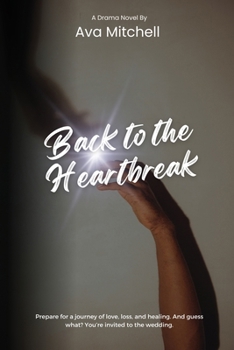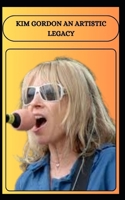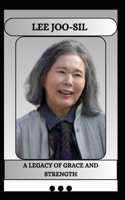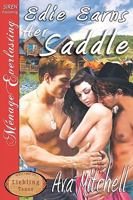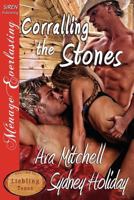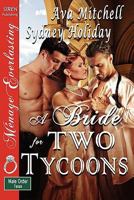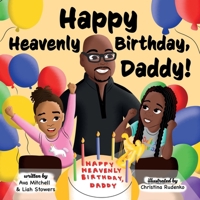Back to the Heartbreak
When Scarlet's heart shatters at the hands of the person she trusted most, she makes the difficult decision to return to the family she once left behind-a family that didn't even invite her to her only sister Vanessa's wedding. The past she thought she had escaped comes rushing back, and an unexpected visitor from her old life arrives in her hometown, setting off a whirlwind of drama she never saw coming.
As she steps back into her family's world, Scarlet is confronted with old wounds, hidden secrets, and painful lies that threaten to reopen scars she thought were healed. Friendships are tested, loyalties are questioned, and love and family collide in ways she never anticipated. With emotions running high and Vanessa's wedding as the backdrop, Scarlet must decide if facing her past will help her move on or pull her even deeper into the chaos she was running from.
Betrayal, love, fear, and friendship all come together in this unforgettable family reunion. Will Scarlet find closure, or will she discover that sometimes, the greatest heartbreaks come from those we're bound to forever?
Prepare for a journey of love, loss, and healing. And guess what? You're invited to the wedding.











